Advocates were taught how to resolve conflicts properly (video)
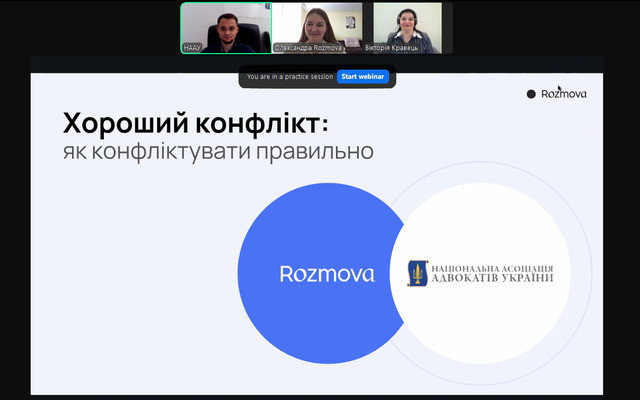
In these turbulent times—marked by armed conflicts, emotional burnout, and increasing pressure on professionals—conflicts have become a common feature of the professional environment. However, instead of causing destruction, they can serve as a tool for development, provided they are managed properly.
On June 6, the Ukrainian National Bar Association held a webinar entitled «Good Conflict: How to Conflict Correctly». The event, organized with the support of the International Bar Association (IBA), was part of a large-scale project to support the mental health of Ukrainian lawyers during the war.
Psychologist and Gestalt therapist Viktoria Kravets helped advocates find inner resources in conditions of stress and professional burnout.
«From a psychotherapeutic point of view, conflict is a clash of opposing interests, values, or desires, which is not necessarily destructive, - she noted. - A «good» conflict is a process that allows participants to maintain contact, better understand themselves and each other, and ultimately reach a constructive solution». According to the speaker, this approach is especially important for lawyers who find themselves in a conflict-prone environment every day, both in court and in interpersonal relationships.
The psychologist emphasized the main markers of «healthy» conflict: maintaining dialogue between the parties, a sincere desire to listen to each other, focusing on the problem rather than the personality, a willingness to pause during emotionally charged moments, and clarity of intentions. «After a good conflict, there is no residue — there is relief, understanding, and a willingness to change», - said V. Kravets.
The webinar participants paid special attention to the fear of conflict, which is often associated with negative past experiences, internal inhibitions against expressing aggression, or fear of destroying relationships. At the same time, avoiding conflict usually leads to the accumulation of hidden tension and the deepening of problems.
The webinar looked at the most common strategies for dealing with conflict: avoidance, compromise, competition, accommodation, cooperation, and mediation. The speaker talked about the strengths and weaknesses of each approach, encouraging participants not to avoid conflict but to learn how to choose effective tactics depending on the situation.
A separate section was devoted to practical tools for ecological conflict resolution using nonviolent communication (NVC) techniques, including:
- observation: stating facts without emotional judgments («When I see/hear...»);
- feelings: talking about your emotions rather than blaming («I feel...»);
- needs: being aware of your own needs behind your emotions («...because it is important to me...»);
- requests: formulating clear and realistic requests («Could you...?»).
In conclusion, participants discussed how this knowledge can be applied in the daily work of a lawyer — in particular in communication with clients, colleagues, opponents in court proceedings, and within the team. With the right approach, conflict can be not only a test but also a resource for growth.
The UNBA continues a series of events aimed at strengthening the emotional resilience of lawyers, developing self-regulation skills, and adapting to professional challenges in wartime. All interested advocates are welcome to join the next webinars, master classes, and psycho-emotional support programs within the joint project with the IBA.
Popular news
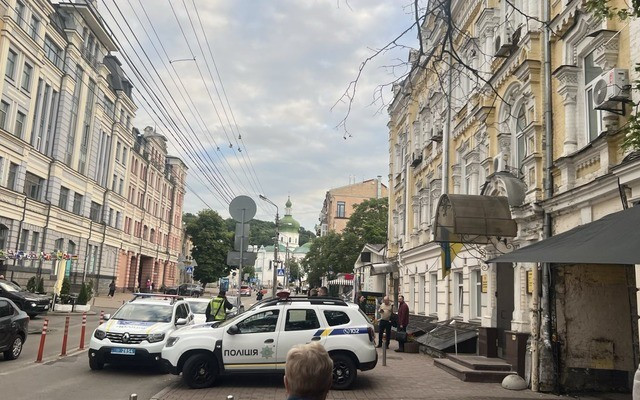
Advocacy
Mobilization of advocates in court: UNBA records another case of pressure
The Ukrainian advocacy has once again faced extrajudicial influence on advocates with the aim of obstructing the exercise of their legitimate powers related to the provision of professional legal assistance to clients.
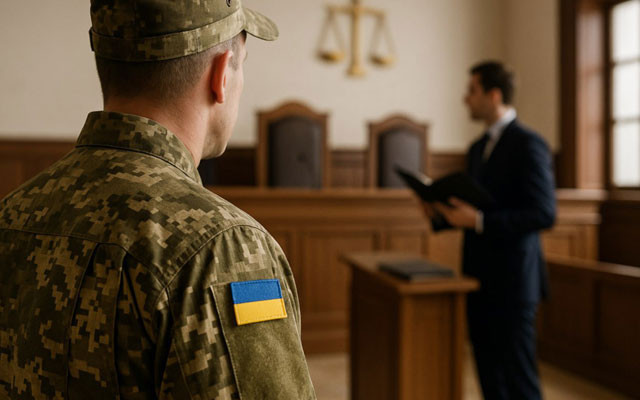
Advocacy
Does the mobilization of a lawyer violate the human right to defense - conclusion of the Supreme Court
Article 335 of the CPC provides for the suspension of court proceedings only in cases where the accused was called up for military service during mobilization. However, this provision does not apply to the mobilization of a defense counsel.
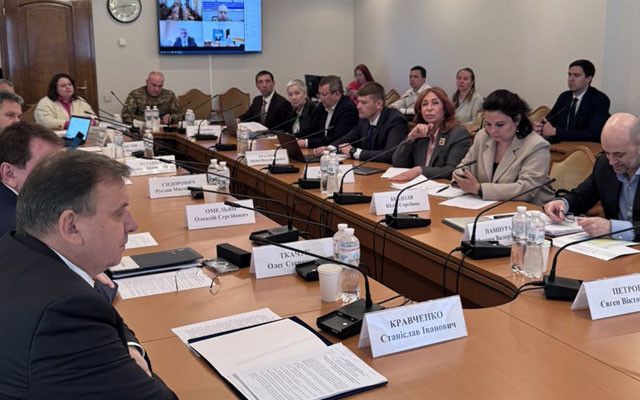
Advocacy
Shoulder straps do not fit the robe: Lidiya Izovitova analyzes models of military courts restoration
The Verkhovna Rada Committee on Legal Policy held a working meeting to discuss draft laws that provide for the establishment and operation of military courts in Ukraine on a permanent basis. The Institute of Advocacy presented its reservations regarding this initiative.
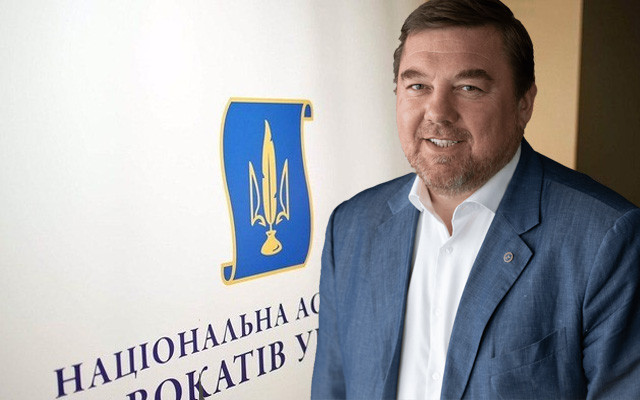
Advocacy
UNBA Committee for the protection of advocates' rights responds to accusations regarding the case of «hacker lawyers»
Dzerkalo Tyzhnia's publications about «hacker lawyers» contain false information, distortions and manipulations that undermine the authority of the Bar. They are a form of unlawful pressure on the UNBA and may be an element of a paid-for campaign.
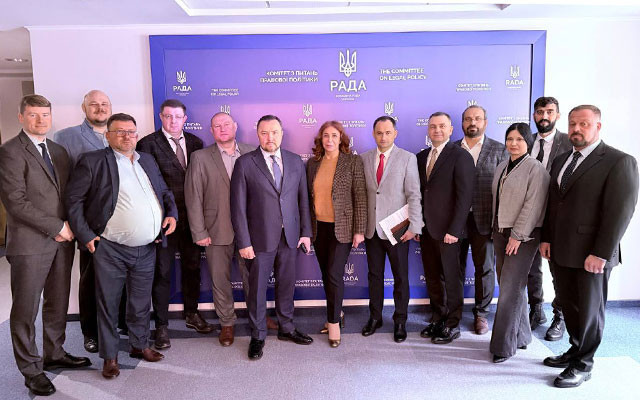
Advocacy
Problems of implementation of the Convention on the Protection of the Profession of Lawyer discussed in the Verkhovna Rada
On April 16, the Verkhovna Rada Committee on Legal Policy held a joint working meeting to discuss the feasibility of implementing the provisions of the Council of Europe Convention on the Protection of the Profession of Lawyer and introducing the necessary amendments to the current legislation.
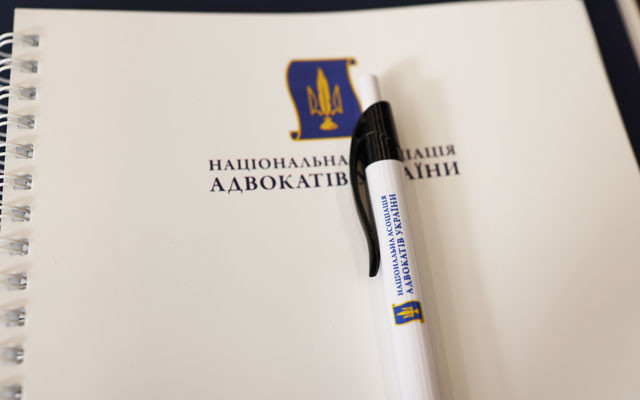
Advocacy
The BCU creates a working group to monitor violations of the rights of lawyers and will consider appealing to the Verkhovna…
During an extraordinary meeting on April 16, 2025, the Bar Council of Ukraine decided to establish a working group to monitor and summarize the facts of violations of the rights of lawyers and guarantees of the practice of law over the past three years, including the situation with the detention of lawyer Olga Panchenko.
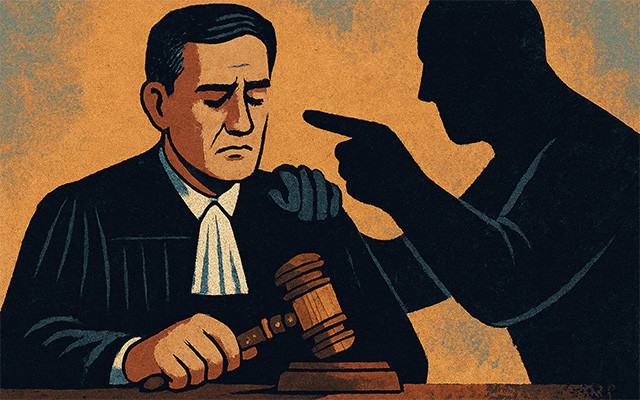
Advocacy
Judicial independence: a priority that has not yet become a reality
Protecting judges from interference is a priority, but its effectiveness in practice raises questions. The High Council of Justice discussed ensuring judicial independence and the authority of justice.
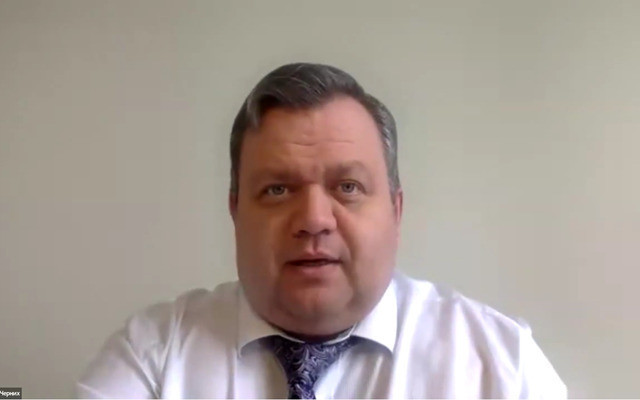
Advocacy
Temporary protection, work, study: what Ukrainians should know about France and UK
What is the procedure for obtaining temporary protection status in France and the UK? When can it be refused and is it possible to appeal such a decision? What are the options for legalization and change of status? What about employment, education and business opportunities?
Publications

Ihor Kolesnykov A BRIEF SUMMARY REGARDING THE APPLICATION OF THE ORDER ON EXTENDED CONFISCATION IN LATVIA REGARDING FINANCIAL ASSETS OF…

Valentyn Gvozdiy WORKING IN A WAR ZONE

Lydia Izovitova Formula of perfection

Sergiy Vylkov Our judicial system is so built that courts do not trust advocates

Iryna Vasylyk Advocacy in the proclamation of Independence of Ukraine

Oleksandr DULSKY When we cross the border of the Supreme Anti-Corruption Court, we get into another department of the National Anti-Corruption…

Vadym Krasnyk The UNBA will work, and all obstacles and restrictions are only temporary inconveniences

Lydia Izovitova Interview with Lydia Izovitova on the occasion of the 8th anniversary of the founding of UNBA: We are the voice of t…
